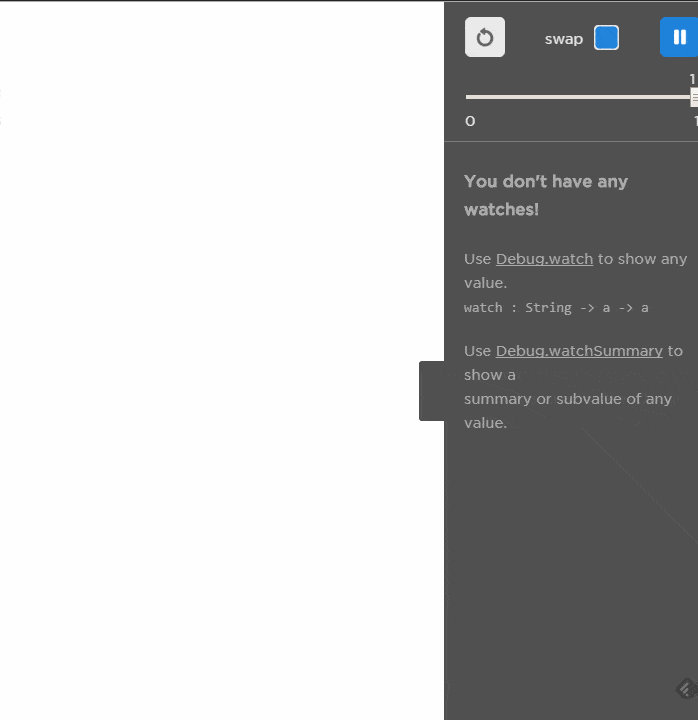
Yan Cui
I help clients go faster for less using serverless technologies.
Series:
- Algae
- Pythagoras Tree
- Cantor Dust
- Koch Curve
- Sierpinski Triangle
- Dragon Curve
- Fractal Plant (this)
Last time out we implemented the Dragon Curve example from the L-System wikipedia page. Now, we’re finally at the end of our journey, let’s see how we can implement the Fractal Plant example in Elm.
Example 7 : Fractal Plant
Let’s start by defining our L-System:

What’s interesting about the Fractal Plant is that it combines elements from Pythagoras Tree (the use of a stack) and other L-Systems we looked at recently.

Here’s how it looks, by gen 7 the plant looks pretty good!

In fact, with the implementation we ended up with, we can use it to support any number of L-Systems so long:
- ‘F’ is the only symbol that means “draw forward”
- we can programmatically change the angle for ‘–’ and ‘+’ (easy!)
with that, let’s take a couple of the examples from LSystemBot’s tweets and see them in action!
Example 7.1


Example 7.2


Example 7.3


So that’s it guys, hope you’ve enjoyed this series! Please let me know via the comments if you like to see more mini-series like this one.
Live Demo (here)
Use LEFT and RIGHT arrow keys to evolve/devolve the L-System.
Source Code (here)
Links
Whenever you’re ready, here are 3 ways I can help you:
- Production-Ready Serverless: Join 20+ AWS Heroes & Community Builders and 1000+ other students in levelling up your serverless game. This is your one-stop shop for quickly levelling up your serverless skills.
- I help clients launch product ideas, improve their development processes and upskill their teams. If you’d like to work together, then let’s get in touch.
- Join my community on Discord, ask questions, and join the discussion on all things AWS and Serverless.
